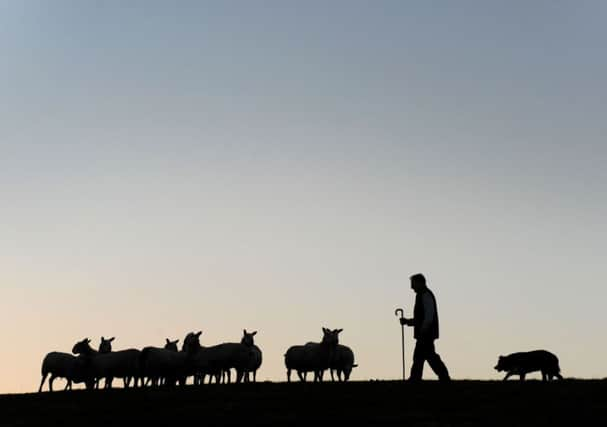Katrina Candy: legislation must be at one with nature


So it is good to see the passion that conservationists and game managers have for a thriving countryside rich in game and wildlife described in the popularity of our Advisory Service’s recent Grey Partridge Re-introduction courses.
The challenges of mixing modern farming and modern conservation are typified in turning round the fortunes of this once-ubiquitous farmland bird. The two-day courses held in the Highlands and Midlothian focussed on how to re-introduce this iconic species to its former range, the arable and hill-fringe landscapes.
Advertisement
Hide AdAdvertisement
Hide AdThe demise of the grey partridge is due, in many cases, to predation and the inability of a landscape to be managed to mitigate the impact of predators on a fragile population. So it is interesting that a constant in the debate over modern conservation has been what represents a balanced approach to countryside management. We are clear that man has shaped Scotland’s wild areas for too long for us walk away and hope nature will take a benevolent course. The time has passed for our native species to reach an equilibrium that allows all our flora and fauna to thrive by itself.
It is a question of balance. We should not concern ourselves with point-scoring or using emotive argument based on romantic ideals. Effective management of our countryside requires pragmatic, workable solutions that embrace the needs of man and nature for the benefit of all.
We are more likely to produce a more varied wildlife community by intervention than if we stand by. Without deer culling, for example, some habitats will tend to be over-grazed and without some fox control we may lose certain populations of ground-nesting birds. There would be a loss of biodiversity overall.
Since the Mesolithic period, the relationship between predator (including man) and prey in Great Britain has changed dramatically but man is still part of the equation. If we choose to opt out, the relationship will shift further in ways we may not want.
We firmly believe nature needs our help. We’re here to say that as a conservation charity we tried by delivering research-based advice to those who make a difference – the farmers and foresters.
Our advice is not just opinion but is based on sound, in-depth science; our advice is evidence-led. This is what sets us apart from other bodies and it is these principles which are guiding our research into the plight of the grey partridge, the capercaillie, the black grouse, the Atlantic salmon and many more species throughout the UK.
We are fortunate that there is a stronghold of enthusiasts who are passionate about reviving the grey partridge and other at-risk species. Scotland is fortunate that their passion and skills bring benefits to the wider countryside which we all enjoy. But their foresight and determination is not enough. We must secure the support of the policymakers who shape these enthusiasts’ management with funding and legislation. The opportunities are huge right now; the distribution of funds between food production and conservation in the Common Agricultural Policy settlement is happening now. So chins up everyone at Scottish Government, Scottish Natural Heritage and Forestry Commission Scotland. Your work is important because it will determine whether we have a battle between cheap food and cheeping sparrows or whether we can have both.
• Katrina Candy is head of PR & Education at the Game & Wildlife Conservation Trust (Scotland) www.gwct.org.uk
SEE ALSO: